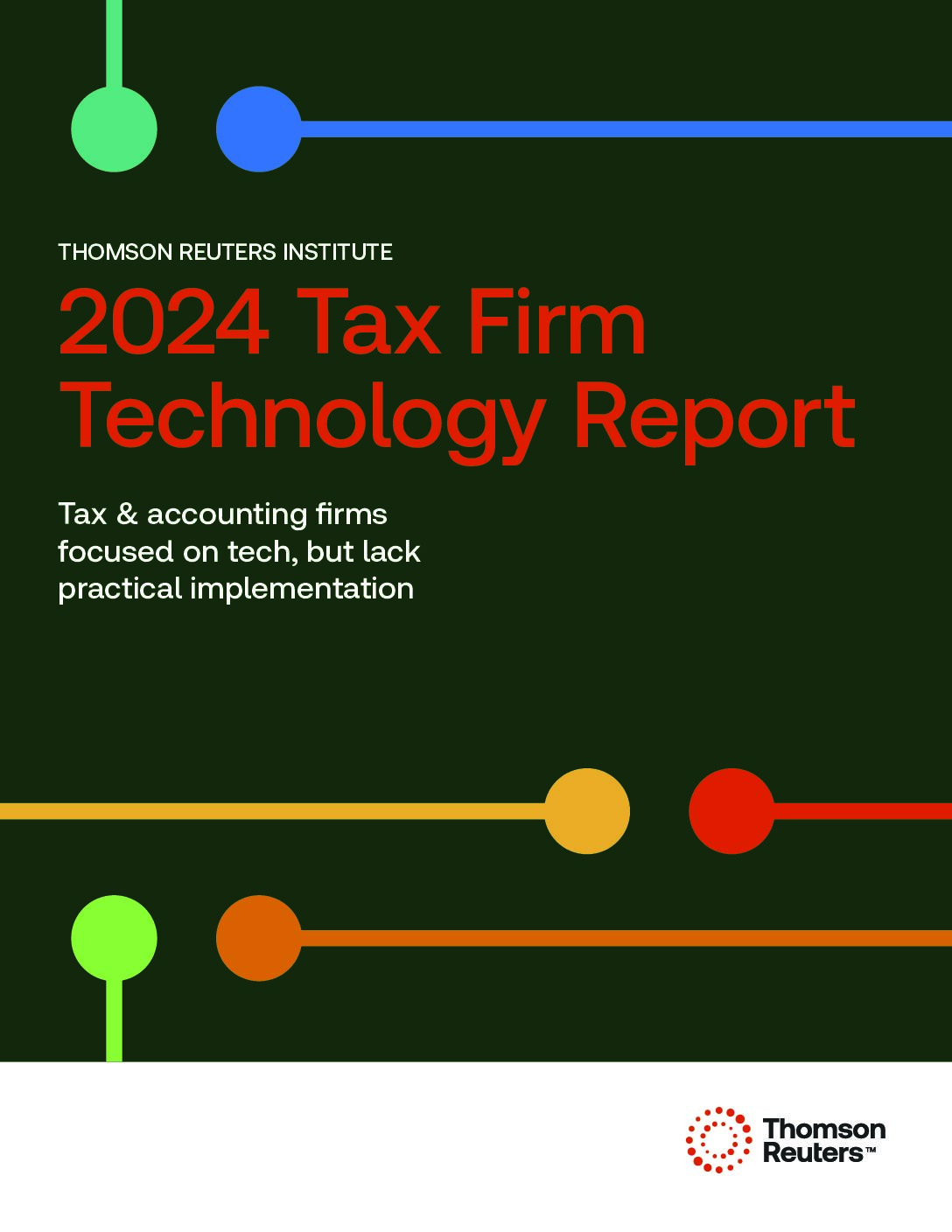As advanced technologies like AI and data analytics reshape the business landscape, many small and midsized accounting firms are ready to capitalize on this watershed moment for the profession. But if your firm is like most, you may be wondering where to start.
Jump to ↓
| How is technology impacting the accounting profession? |
| What are the challenges smaller firms face in adopting advanced technology? |
| The importance of embracing change despite uncertainties |
| 5 practical steps to integrate new technologies |
| What are the long-term benefits of tech adaptation? |
| The future of accounting is here, and those who adapt will lead the way |
As advanced technologies like AI and data analytics reshape the business landscape, many small and midsized accounting firms are ready to capitalize on this watershed moment for the profession. But if your firm is like most, you may be wondering where to start.
While navigating new technology can be challenging, the opportunities of embracing AI are too important to ignore. By assessing your needs and planning strategic investments, your firm can utilize AI-powered tax technology to significantly enhance your operational capabilities, stay competitive, and secure your future in an evolving industry. Let’s take a look.
How is technology impacting the accounting profession?
AI, machine learning, and advanced data analytics are transforming how accounting firms operate, unlocking capabilities that enhance accuracy, efficiency, and client service. With automation streamlining routine tasks, today’s accountants are free to focus on higher-value activities. In addition, cloud computing facilitates real-time collaboration and access to data, while blockchain offers enhanced security and transparency in transactions.
While there is no doubt that these advancements are revolutionizing tax preparation, financial planning, and audit processes, they are also requiring firms to rethink traditional workflows and pricing models.
As such, many forward-thinking firms are capitalizing on the opportunity to provide personalized advisory services to their clients. This shift is supported by the significant time savings and vast insights that advanced technologies like AI and automation can provide.
What are the challenges smaller firms face in adopting advanced technology?
While the benefits are real, the path to integrating advanced technologies comes with unique challenges for small and midsized accounting firms. Budget constraints can limit access to cutting-edge tools and the resources needed for implementation and training. Smaller firms may also lack the in-house expertise to manage and optimize these technologies, leading to reliance on external consultants, which can be costly.
Moreover, the rapid pace of technological change can be daunting. Keeping up with the latest developments and ensuring compliance with evolving regulatory standards requires continuous learning and the ability to quickly adapt. This can strain the limited bandwidth of small firms, which must balance day-to-day operations with strategic innovation.
Listen to what Tim Downing, Owner of Downing & Company, had to say about UltraTax CS and how it changed his company’s tax preparation process.
The importance of embracing change despite uncertainties
Despite these challenges, the importance of embracing technological change cannot be overstated. Accounting firms that resist embracing technology risk falling behind their competitors—and losing clients to more tech-savvy firms that can offer faster, more accurate, and insightful services.
In addition, the implementation of AI involves a learning curve, during which firms need to train staff, adjust workflows, and fine-tune systems. Early adopters get a jumpstart, positioning themselves to fully capitalize on AI’s benefits sooner. If your firm delays adoption, you will face a steeper learning curve when you eventually decide to implement, putting you at a disadvantage.
However, firms that proactively adopt new technologies can position themselves as forward-thinking leaders in the profession, capable of delivering superior value.
5 practical steps to integrate new technologies
To incorporate advanced technologies effectively, consider using these practical steps:
- Conduct a technology assessment. Evaluate your current technological capabilities and identify areas for improvement. Assess your firm’s readiness to adopt new technologies and the specific needs of your clients.
- Develop a strategic plan. Create a roadmap for technology integration that aligns with your firm’s goals and resources. Prioritize investments that offer the greatest return on investment and address the most pressing needs.
- Invest in training and development. Equip your team with the skills needed to leverage new technologies effectively. This includes both technical training and soft skills development to adapt to changing workflows and client expectations.
- Collaborate with technology providers. Leverage your partnerships with technology vendors and consultants to gain access to expertise and personalized support. This can help streamline the implementation process and ensure you are utilizing the best tools available.
- Focus on client communication. Keep your clients informed about the changes and how they will benefit from new technologies. Transparent communication can enhance client trust and demonstrate your commitment to innovation.
What are the long-term benefits of tech adaptation?
The long-term benefits of embracing advanced technologies are significant. Firms that successfully integrate these tools can expect improved operational efficiency, reduced errors, and enhanced data security. These improvements translate into cost savings and the ability to offer more competitive pricing.
Moreover, advanced technologies enable firms like yours to provide deeper insights and more strategic advisory services. By leveraging AI and data analytics, your firm can uncover trends and opportunities that add significant value to your clients’ businesses. This positions you as a trusted advisor and leads to stronger client relationships and increased loyalty.
The future of accounting is here, and those who adapt will lead the way
While there may be short-term hurdles, embracing technologies like AI and automation future-proof your firm in the long run, ensuring that you remain relevant and competitive in an ever-evolving industry landscape. By harnessing these technologies, your firm can open up new revenue streams and develop deeper and more meaningful relationships with clients.
 |
|
 |
|









